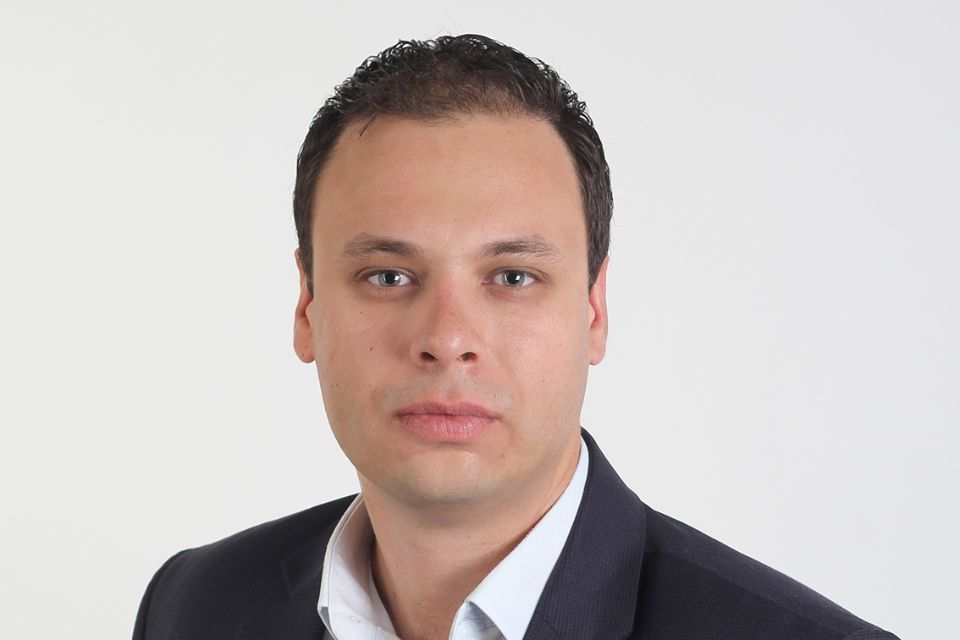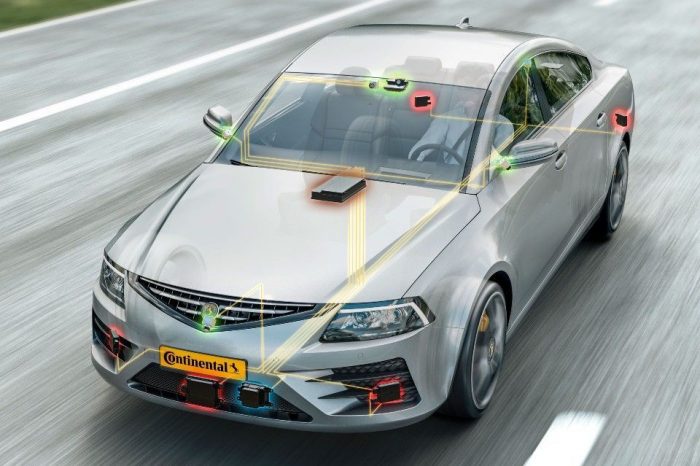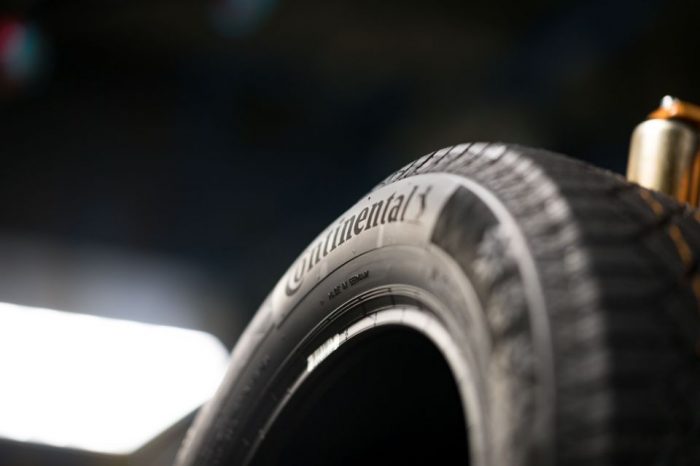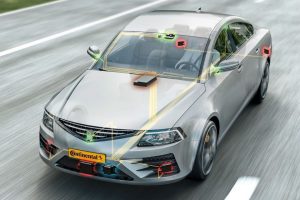INTERVIEW Dimitar Stoyanov, Spark Romania: “We focus on developing a stable market in Bucharest”

“Electric mobility is definitely on the right track in Romania. More and more electric vehicles could be noticed on the streets and this is not strange anymore, as it was years ago,” Dimitar Stoyanov, Country Manager, Spark Romania told Automotive Today.
“I believe focus on short and medium term should be development of infrastructure, which would guarantee availability of stations for both private users as also for service operators like us.”
How do you feel about Romania’s transition to a cleaner mobility? Are we making enough progress on e-mobility?
Electric mobility is definitely on the right track in Romania. More and more electric vehicles could be noticed on the streets and this is not strange anymore, as it was years ago. Serious impact for that have the Rabla+ programme as also the change in people’s mindset, who do not accept electric vehicles as exotic ones anymore. I’d like to believe that the service of Spark also has credit for this to a large extend. People are able to choose among hundreds of electric vehicles (EVs) with a few clicks on their mobile phone and unlock the closest one to them. Never in history before it was so easy to drive an EV, no matter if you want to make test drive before deciding if you would like to have one, or just to use it when needed.
How do you see the evolution of e-mobility in Romania on short and medium term?
Although it is on a rising trend, still the evolution is actually heavily depended on charging infrastructure. Experience is clearly showing that this is the main concern of drivers and not the price of the vehicle itself. So having that said, I believe focus on short and medium term should be development of infrastructure, which would guarantee availability of stations for both private users as also for service operators like us.
What are your most important ongoing projects?
We are focused on optimizing our car-sharing service in the best possible way for the current challenges. Right now this means developing a stable market in Bucharest, which is of highest priority before planning further steps on other cities. This is related to hundreds of electric cars to be charged, serviced, and distributed every day in a convenient for the people way, so they could be confident in the service and to rely on it. With growth of market and client database, of course we are considering also further fleet expansion.
What are the challenges you are facing now?
We are still feeling the consequences of COVID, being reflected in reduced urban mobility. Despite the summer season and minimized measures, still mobility is not back on the preCOVID levels and this is normal, but we are happy to note that numbers are growing every month.
What is your company’s business approach in the current economic context?
Spark is providing eco-friendly and safe travelling in isolated environment (you travel alone) at a very low cost, which is highly appreciated by our customers. Furthermore, many companies prefer using this transportation for their employees, creating corporate accounts in our system, securing them a safe ride. Another thing is the change of mindset in people who are already appreciating the values of shared economy – why would you buy an expensive asset and pay further expenses as insurance, maintenance etc., while it depreciates turning itself into liability, when you could use it only when needed. Recent calculation showed that monthly cost of ownership of certain models corresponds to nearly 300 short 15-minute trips with our service. And this having in mind that you enjoy latest and most modern auto technology. More and more people start perceiving ownership as a burden, especially when it comes to make decision if a 2nd car in the family is needed.
What are your main concerns for the foreseeable future?
We do not have serious concerns, but we pay close attention to possible further COVID restrictions. This is something that would affect whole economy and of course should be taken under consideration as it would reduce urban mobility in general. Still, as noted, more people realize that services like Spark are one of the safest travelling option in pandemic, so impact would be limited to certain extends.


















